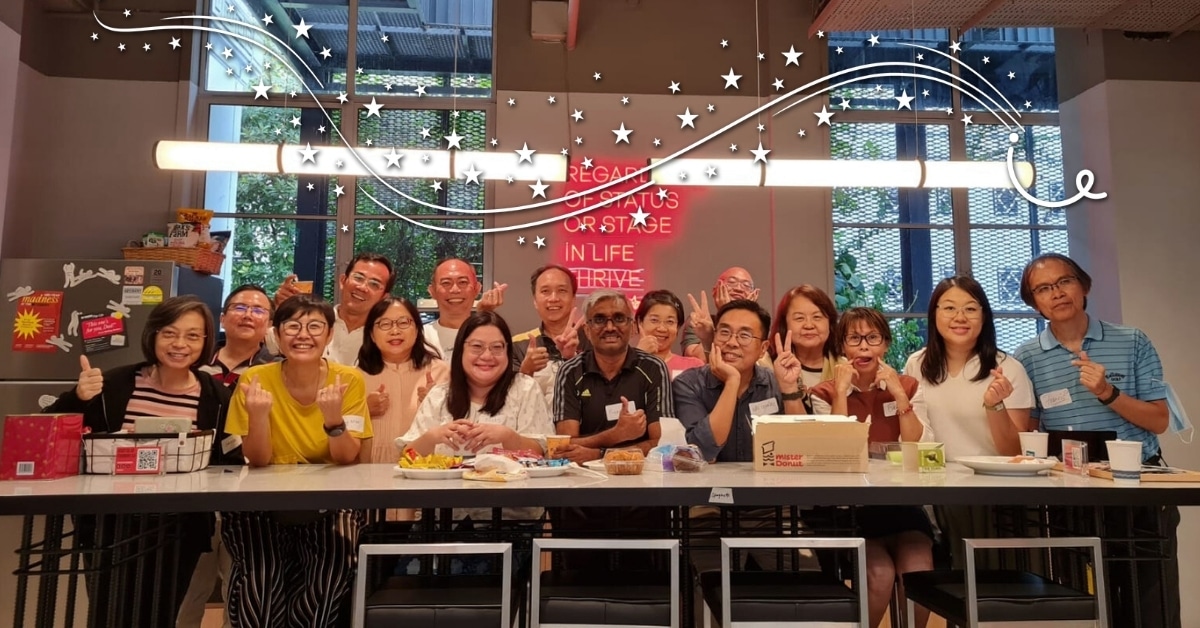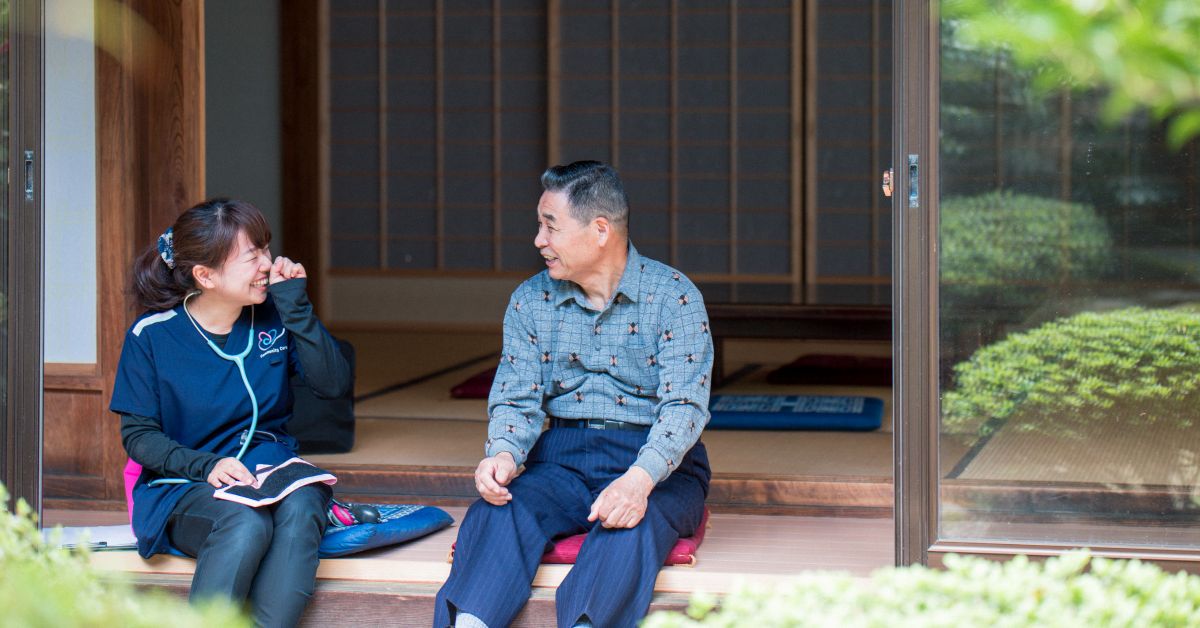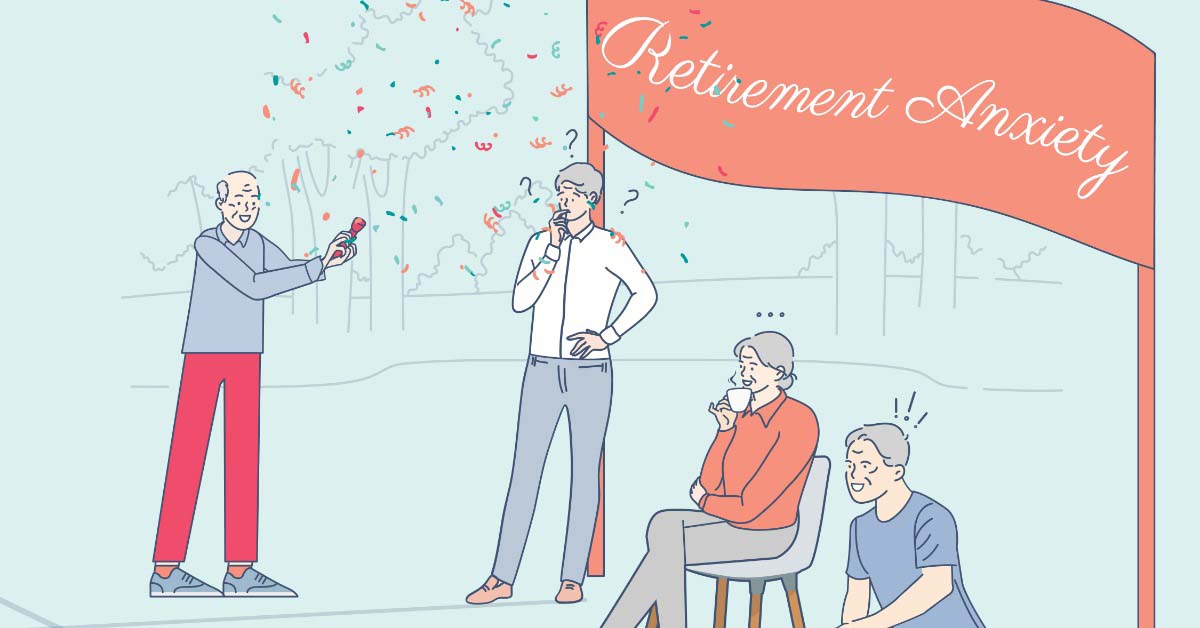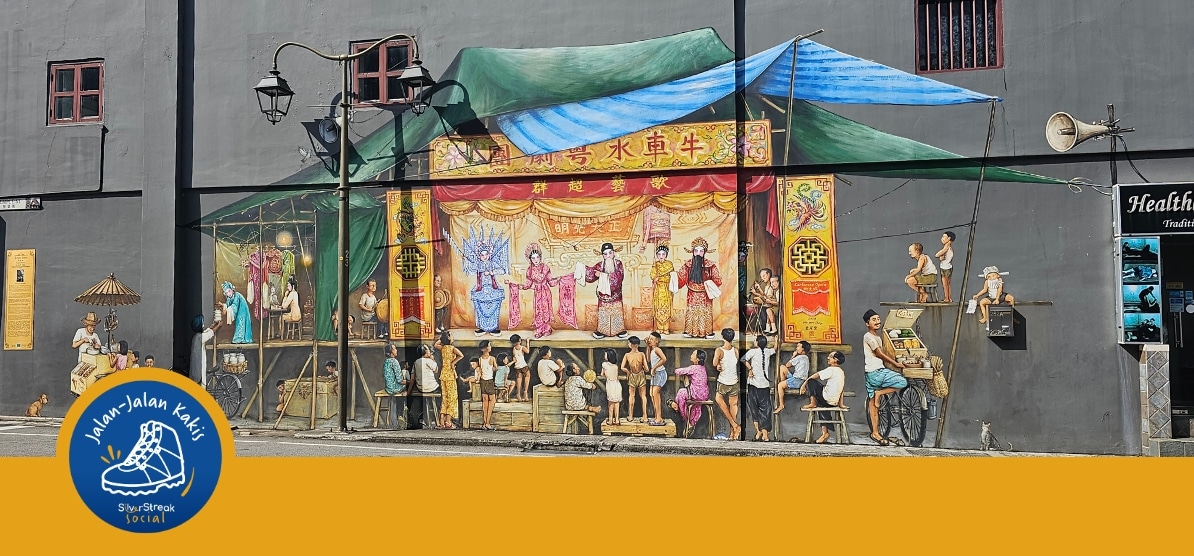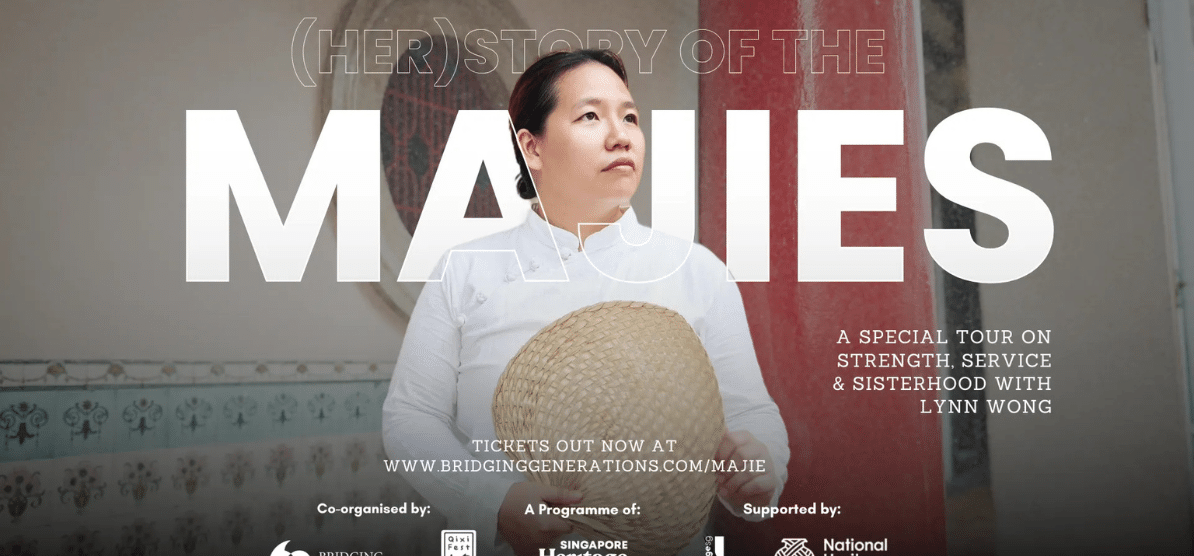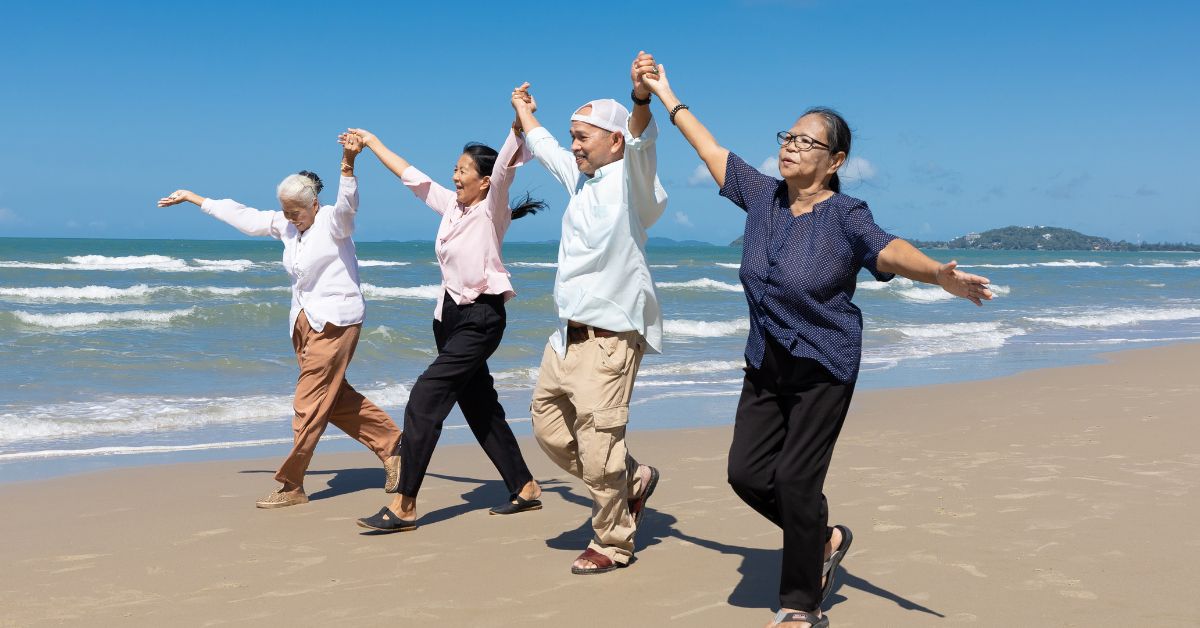
I’ve heard the acronym MVP bandied around by my team at work recently. MVP stands for “most valuable player”, a term commonly used in sports (I am clearly not a sports fan). This got me thinking: Can we be an MVS (most valuable senior) as we age?
To me, a valued senior is someone who offers a balanced perspective on life’s challenges, having lived it themselves. These views are shared only when asked.
In my 30s, when my children were just starting school, the pressures of being a fairly new mother and balancing work took its toil. I was often more grumpy than not.
My father-in-law, whom I lived with, would say, “Having a sense of humour is important in life.”
He was a calming influence who helped me to realise that we can define what happiness is, at different stages of our life. Adversity is a given, but a sense of humour allows us to step back and get perspective. To me, he was an MVS in my life then.
Advertisement
Can seniors be the MVSs in their social groups – family, church, etc – regardless of the age range of said groups? We all have a head start because heck, we’re a society with deep Confucianist roots of ‘respect your elders’.
In our culture, being respectful of seniors is already a baseline. But even then, we want to make conscious choices to be ‘valuable’ seniors.
I was prompted to self-examine this area of life after attending two recent events – the Active Ageing Festival organised by Ageing Asia and the Annual Scientific Conference on Ageing organised by the Gerontological Society.
Particularly thought-provoking was a talk by Janice Chia, founder of the Ageing Asia, on “how to be an adorable senior”.
How to be the Most Valuable Senior
Here are eight ways which I believe can make us the MVS.
1. Be interesting to talk to
When I get together with peers, we sometimes find ourselves stuck on chats about our health – cataract surgery, painful Achilles heels, spinal compression, or muscular aches. We can become quite boring to be around, especially for the younger folks who cannot relate to our health concerns.
I’ve recently made the decision to consciously limit such conversations by changing the topic and moving on. I always pick tech topics first because there are always new gadgets and an endless stream of applications to catch up on.
We also need to have new things to talk about, which leads me to the next point.
2. Learn new things
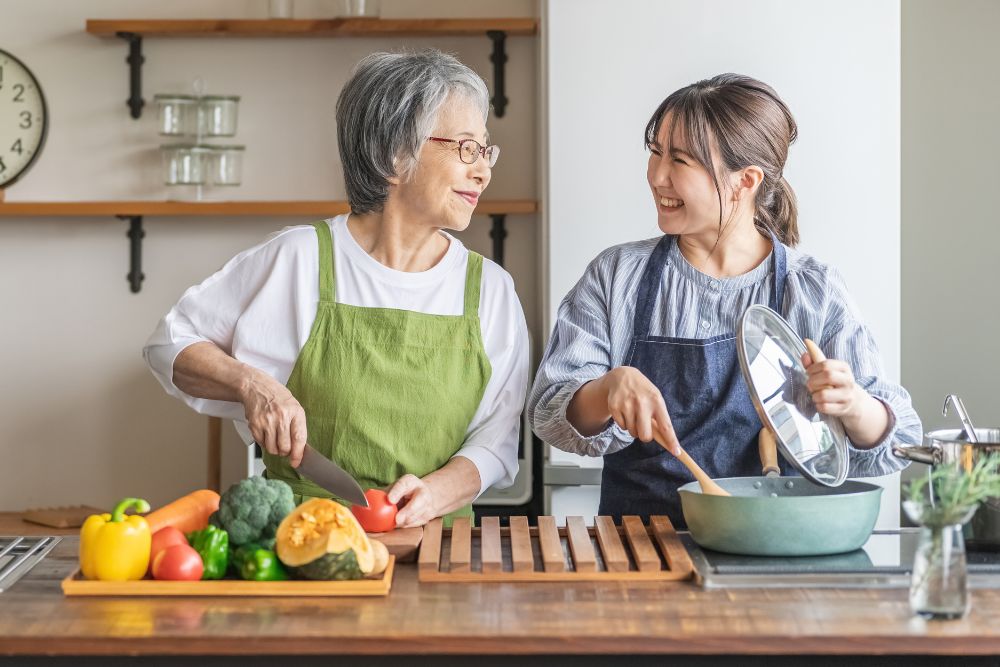
I’ve been fortunate to be married to someone who’s an excellent cook. After semi-retirement, I’ve decided to hold up my half of the sky and learn to cook. Sure, I’ve had panic attacks. I was making a pasta carbonara and couldn’t tell the difference between cooking cream, thickened cream, whipped and cooking cream, extra thick single cream and double cream. Luckily at that time, my husband was around for me to consult with.
This cooking mishap made for a fun story to share with my younger friends who can commiserate as they are also trying to learn cooking.
These days, I’ve also learnt to calm myself by remembering what an old aunt once told me: “Cooking is just chemistry.”
3. Be open to new experiences by saying “yes”
Some years ago, while travelling with my son to Japan, he ordered some unheard-of new-fangled canned drink produced in that country and asked if I wanted to try. I declined and chose to stick to what I knew best: green tea. After all, why take a risk and potentially suffer an awful-tasting new concoction?
I have since started trying to say “yes” more to new things, and it has opened my world with some surprises. One of my discoveries was the Japanese yoghurt drink, Calpis.
4. Don't ask "how much" or offer to pay
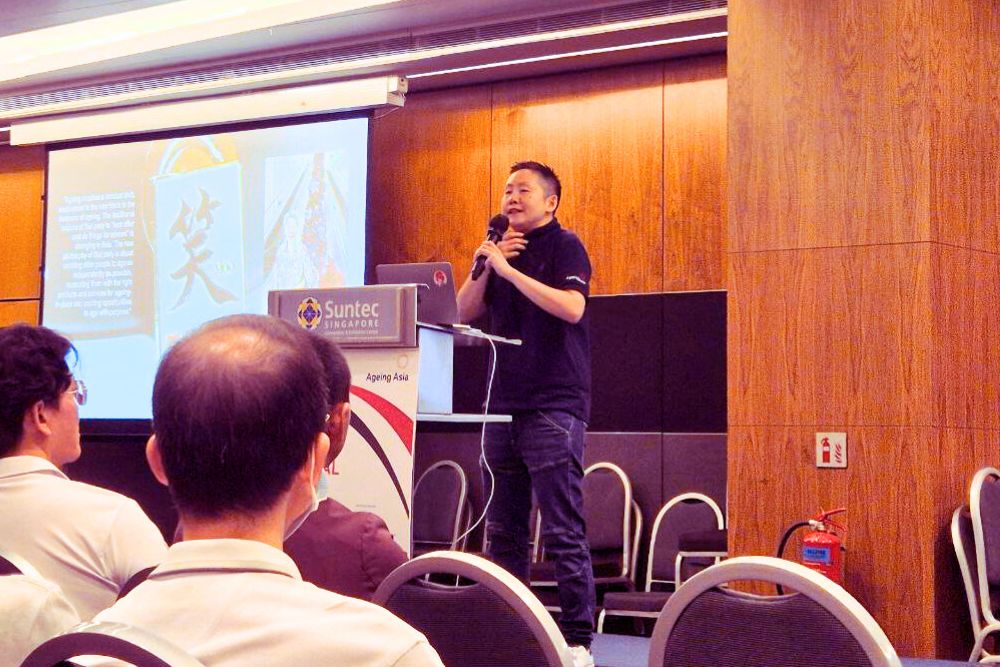
It seems that seniors, in trying to be considerate of a younger person’s means, would often do this. According to Janice, “if they don’t spend on you, they will spend on themselves, anyway.”
I’m quite guilty of this. When a younger person offers to buy me a meal, I often offer to pay. For me, that’s the responsible thing for an elder to do. Recently, I was given a different perspective by younger friend. She explained that such an act deprives the other person of showing their care. I must stop this habit.
5. Never give up, never give in
At the Gerontological Society conference, Emeritus Professor S Vasoo (Department of Social Work, National University of Singapore), talked about the importance of a ‘fighting spirit’.
"Life will deteriorate whether you like it or not. You need an overhaul, whether minor or major."
The important thing would be to articulate concerns and people will support you.
Even if you’re a bit slow, take time and always believe you can do it, in your own time.
His advice was,
“There are many stigmas associated with ageing,” he added, “but it is important to be able to bounce back.”
It was a timely reminder for me to have the right attitude to ageing. I’ve to be less shy asking for help. The worry of being seen as lesser is often what keeps us from asking but I’ve tried this with the younger members of my family and found that it has opened my world to new ways of looking at things or solving problems.
6. Different ways to stay being purposeful
I have a friend who loves quilting. On her Facebook, she shares photos of the personalised gifts she made quilting for her grandnieces and friends. This hobby has also taken her to quilt festivals around the world. What a novel way to travel!
At one of the SilverStreak Makan Kakis sessions recently, I made a new friend. She told me that she found it fulfilling to be an exercise instructor at an active ageing centre. The benefits she gets from helping others is well-documented in that “it’s often better for the well-being of older adults to give than to receive”.
Besides this, what has kept me going is that when we do cause-related work, we are also socialising. Our accountability to our friends in these groups keeps us doggedly moving forward in our lives.
7. Dressing up: it's more than a 'look good'
I’m not spending as much on clothing compared to the last decade. Part of this is because work clothes have become more casual. Another reason is that most of my clothes from the last seven years still fit (thankfully).
It was different when I was building a wardrobe. I was in my 20s and had just started work so I needed to get different outfits for different occasions. Later in my 40s, power dressing was a thing, so we all had to suit up. People are luckier today as workwear has become casual.
That feel-good factor that comes with dressing well is definitely important to me. It’s also documented in this research study that explains, “When humans perceive their self-image positively, not only can their satisfaction with social activities increase, but they can also experience a greater sense of happiness”.
I think that it’s especially crucial to make the effort to look good as we get older, for our own self-esteem.
8. Always look at the brighter side of things

There’s a Harvard health article on a study by researchers who found that nurses who were less optimistic were more at risk of stroke, heart disease and other illnesses. In it, they prescribed that some ways to acquire optimism would be to be easier on oneself.
I have come across people who look at life, always with the lens of a glass half-full. They have an attitude of gratitude and in turn, life seems to be kinder to them. Ultimately, they often become more interesting to talk to. After all, who wants to hang out with a grumpy and complaining old fart?
I know that many of the above points are not entirely new. However it does take a lot of effort to practice them proactively. Having the right attitude defines how we age and whether we can be judged as valuable seniors.



